Helpful Resources
Make An Informed Decision
Having trouble understanding what comes next? We’re here to help you and your loved ones learn about this journey and explore some of the more subtle details of moving to a senior living community like the one we’ve built here.
What to look for a Senior Living?
If you or a loved one is exploring assisted living or memory care options in the Bay Area, it can be difficult to know what to look for when visiting a senior living community. To ensure you’re prepared and informed when it comes time to visit, we’ve rounded up a few frequently asked questions, along

9 Steps on Moving In
- Tour & Lunch
- Period of Consideration
- Second Meeting
- Second Meeting
- Tour & Lunch
- Period of Consideration
- Second Meeting
- Second Meeting
- Period of Consideration

Interested in
Frank Residences?
For spouse?
Family? Friend?
Or for yourself?
Come And Visit
We want to show
you our wonderful
spaces.

Like What You See?
We’re happy to
welcome you into
our community.

2-part Applications: Financial and Medical
Let’s get into the
nitty-gritty of your
retirement plan.

Meet Our Care Team
Our staff wants to
get to know you
better.

Ready For Move-In?
Start the rest of
your life, here.
GLOSSARY OF SENIOR LIVING TERMS
A seal of approval given by an autonomous governing body to a community or service provider. To become accredited, a community or provider must meet specific requirements, and is then generally required to undergo a thorough review process by a team of evaluators to ensure certain standards of quality. The accrediting organizations are independent, not government agencies or regulatory bodies. Some examples of accreditation bodies for the senior housing and care industry include CARF (Commission on Accreditation of Rehabilitation Facilities) and JCAHO (Joint Commission on Accreditation of Healthcare Organizations).
An evaluation, usually performed by a physician, of a person’s mental, emotional, and social capabilities.
Assisted living communities typically provide services that enable the resident to maintain a degree of independence while offering a helping hand with activities of daily living such as bathing, grooming, dressing, and taking medications. Assisted living communities are regulated by each state.
A federal agency within the United States Department of Health and Human Services (DHHS) that administers the Medicare program and works in partnership with state governments to administer Medicaid, the State Children’s Health Insurance Program (SCHIP), and health insurance portability standards.
In addition to these programs, CMS has other responsibilities, including the administrative simplification standards from the Health Insurance Portability and Accountability Act of 1996 (HIPAA), quality standards in long-term care facilities through its survey and certification process, clinical laboratory quality standards under the Clinical Laboratory Improvement Amendments, and oversight of HealthCare.gov.
A comprehensive range of programs and levels of care for seniors. This may include independent living, assisted living, and skilled nursing (including rehabilitation, memory support, and home health care).
A health care professional who assists hospital patients and their families in transitioning from the hospital to another level of care. This may mean discharging the patient to rehabilitation in a skilled nursing facility, home health care in the patient’s residence, or long-term care in a stand-alone or community setting licensed to provide such care.
A broad term that describes senior care services such as assisted living, adult day care, nursing care, hospice, and in-home care. Elder care is typically provided over an extended period to people who need another person’s assistance to perform normal activities of daily living.
In an independent living community, residents are capable of living with minimal or no assistance. Hospitality and supportive services may or may not be provided. Independent living residences may be apartments or freestanding homes. A monthly fee for services and amenities may be applied.
Long-term care insurance pays for a succession of caregiving services administered by a nurse or aide to the chronically ill. This care is provided either in a community or in the individual’s home. These services are usually not covered by traditional health insurance or Medicare.
Medicare is a federal health insurance program designed for people who are 65 and older, certain younger people with disabilities, and people with end-stage renal disease. Medicare Parts A, B, C, and D cover specific services and care, such as physician services, therapies, home health care, and prescription drug coverage.
Financed by state and federal governments, Medical is the program of medical assistance designed for those unable to afford regular medical service. It is a program that includes funding for care in a skilled nursing setting. Medical also pays for some long-term care services at home or within a community setting.
In an assisted living or skilled nursing setting, this is a formalized procedure for the management of self-administered medicine, and may include written rules regarding timing, dosage, and coordination with a resident’s personal physician.
A specialized type of elder care, memory care is tailored specifically for the needs of individuals with Alzheimer’s, dementia, or other cognitive impairments. Services and amenities are typically on-site, with group activities and events included.
These charges give residents full use of a private residence and access to the community’s common spaces, services, and amenities. The amount varies depending on the size of residence and the number of occupants.
Services designed to help an individual recover from an injury, operation, stroke, or illness. These may include physical therapy, occupational therapy, and speech therapy. In most cases, services are planned to help the patient return as closely as possible to pre-challenge levels. The services may be residential (inpatient) or outpatient, and may be short- or long-term, depending on the needs of the patient.
Services that provide caregivers with temporary relief from tasks associated with caregiving (e.g., in-home assistance, short nursing home stays, adult day care). In a retirement community setting, it usually refers to an arrangement whereby a senior stays at the community for a few days or weeks, perhaps to give their caregiver at home a break, or to experience the community’s accommodations, services, and amenities on a trial basis.
A community that provides residential accommodations for older adults, generally ages 62+. Far different from the traditional “nursing home,” these communities offer wide-ranging services and amenities, activities and events to appeal to various interests, and usually access to health care services.
Skilled nursing care facilities, often referred to as nursing homes or health care centers, are licensed facilities that are inspected and regulated by a state’s Department of Health Services. They offer long- and short-term care for individuals who need rehabilitation services, or who need full-time care or assistance with most activities of daily living. They generally offer a community setting, private or shared rooms, and care by trained medical staff. They are typically Medicare-/Medicaid-certified, and monthly fees include meals, personal assistance, and most medical services (except medications).

What to look for a Senior Living?
If you or a loved one is exploring assisted living or memory care options in the Bay Area, it can be difficult to know what to look for when visiting a senior living community. To ensure you’re prepared and informed when it comes time to visit, we’ve rounded up a few frequently asked questions, along
What to look for a Senior Living?
If you or a loved one is exploring assisted living or memory care options in the Bay Area, it can be difficult to know what to look for when visiting a senior living community. To ensure you’re prepared and informed when it comes time to visit, we’ve rounded up a few frequently asked questions, along

Schedule a Tour
Visit our campus and see what makes us the premier location for seniors in the Bay Area.


